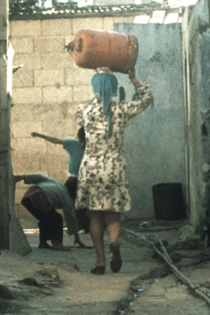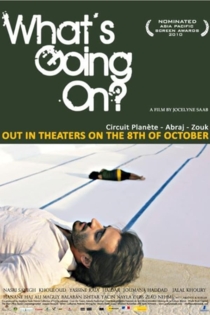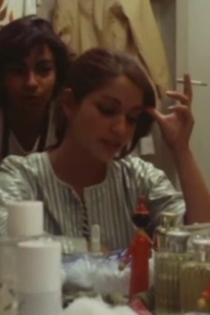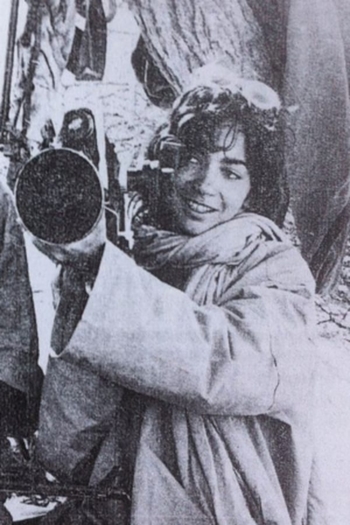
Jocelyne Saab
1948 - 2019Beyrouth, Ma Ville
Jocelyne Saab
In July 1982, the Israeli army besieged Beirut. Four days earlier, Jocelyne Saab sees her house burn and 150 years of family existence go up in smoke. She then takes refuge in questioning: when did this all begin? How did the Beirut people live the siege? Each place will then become a story and each name a memory.
Beirut, My City
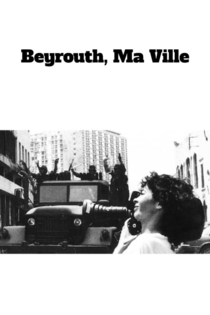
Iran, l’utopie en marche
Jocelyne Saab
Rayan Borhani
The Iranian revolution leads to the Shah’s downfall and installation of the Islamic Republic. Avoiding the more sensational elements of the news this film questions Iranian society as a whole to try to understand what this wave of change means for the Muslim world.
Iran, Utopia in the Making
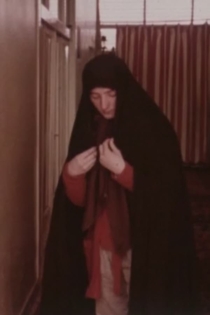
Lettre de Beyrouth
Jocelyne Saab
Letter from Beirut documents the filmmaker's return to Beirut during one of the lulls, three years after the outbreak of the civil war, animated by the urge to return. She is confronted by the physical, emotional and psychological ravages of the war, terrified and sorrowful, she cannot find her place in the city. In that quest, she communicates with everyday people, friends, neighbors, people riding the bus across the city's eastern and western flanks. To pace her journeying and dramatic unraveling of the film, Saab borrows the guise of a letter read in a voice-over, written by world-renowned poet Etel Adnan. A rare document from the civil war, Letter from Beirut lays bare and spontaneously how people make sense of their everyday in the midst of chaos, violence, terror and sorrow.
A Letter from Beirut
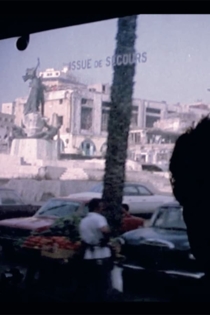
Le Liban dans la tourmente
Jörg Stocklin, Jocelyne Saab
A few months after the incident of April 13, 1975, during which Palestinian civilians were machine-gunned by Phalangist militiamen, the toll is most tragic: six thousand dead, twenty thousand wounded, incessant kidnappings, a semi-destroyed capital. This film traces the origins of the Lebanese conflict, the perception of a society that goes to war while singing. A unique document on the Lebanese civil war. Beyond the religious war, the painting of a social and political reality that has not changed much, more than four decades later.
Lebanon in a Whirlwind
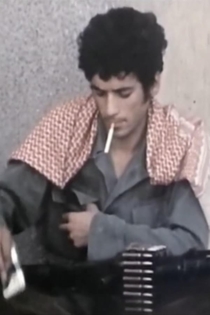
كان ياما كان في بيروت
Jocelyne Saab
Michèle Tyan, Myrna Maakaron
Two young girls of the war generation, Yasmin and Leila, are in search of Beirut. When they meet an elderly film enthusiast with a secret store of Lebanese films, they persuade him to screen his collection for them. So begins an initiation into the myths and images of Beirut, but the girls want cold figures and facts, war babies indifferent to the memories evoked.
Once Upon a Time in Beirut
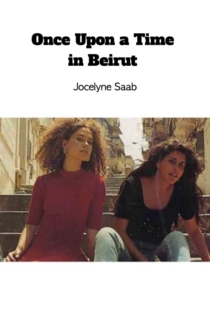
Les Enfants de la Guerre
Jocelyne Saab
A few days after a massacre in a shantytown near Beirut, the director finds the children who survived. She approaches them by offering them crayons to draw. A link is created between them. They let her film their violent games: they repeat the scenes of horror they saw unfold before their eyes ...
War Children
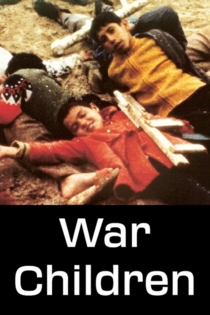
Beyrouth, jamais plus
Jocelyne Saab
Jocelyne Saab, Jörg Stocklin
1976 marks the beginning of Beirut’s calvary. With a child’s eyes the filmmaker follows for six months the daily destruction of the city’s walls. Every morning, between 6 and 10am she roams around Beirut while the militia from both sides rest from their night of fighting.
Beirut, Never Again
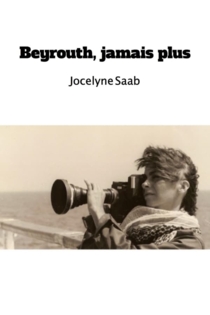
Adolescente, sucre d'amour
Jocelyne Saab
Jacques Weber, Hala Bassam
Samar, a child of the war, finds relief from the chaos around her through Egyptian movies she watches on television. Karim, an artist in retreat from life, remains in his apartment in war-torn West Beirut, confident that he is safe in his familiar neighborhood. An unlikely bond is formed between the two as they face the devastating civil war.
The Razor's Edge

دنيا
Jocelyne Saab
Hanan Turk, Mohamed Mounir
After studying literature at Cairo University, Dunia, 23 years old, wants to become a professional dancer. She attends audition for an oriental dance contest where she recites Arabian poetry without any body movement. She explain to the perplexed jury that a woman can't move her body or evoke act of love when society ask women to hide their femininity. She is selected and meet Beshir, an intellectual and activist who will supervise her thesis on ecstasy in Sufi love poetry. Their attraction is mutual. This could be liberation for Dunia but the constraints on women in Egyptian society goes deeper than she suspects.
Dunia
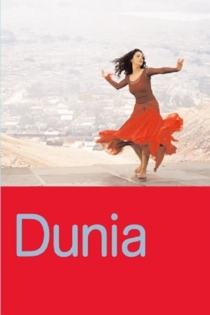
La Dame de Saïgon
Jocelyne Saab
Portrait of Dr Hoa, an extraordinary woman who was a minister in the South Vietnamese revolutionary government. Her life is a battle, and that battle is a pleasure. During the war she was at times imprisoned and at times a member of the resistance. She tells Jocelyne Saab about her experiences.
The Lady of Saigon
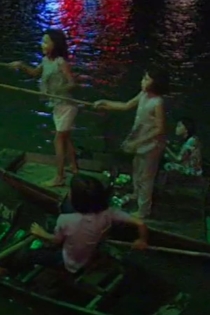
Café du genre
Jocelyne Saab
Six 4-minute short films each filmed in the countries of the Mediterranean, and dealing with expressions of gender, the body, sexuality and identity. Six interviews with artists or people talking about these thorny issues makes for a geographical impression, a suffering body, subject to violence, repression and inhibition.
Gender Cafe
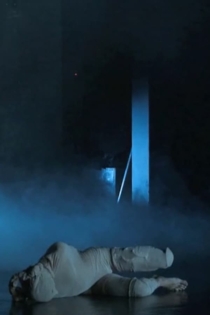
Le Sahara n'est pas à vendre
Jocelyne Saab
This film from the heart of the desert shows the conflict between the Algerians and the Moroccans at El Aioun, and the Saharan resistance of the Polisario Front. A never ending story which is still one of the reasons for the conflict between Algeria and Morocco.
Le Sahara n'est pas à vendre
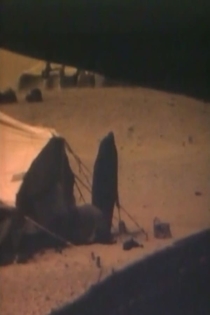
Les Femmes palestiniennes
Jocelyne Saab
Palestinian women, the often-forgotten victims of the Israeli-Palestinian war, are here given a voice by Jocelyne Saab. The film was commissioned by Antenne 2 (France), but it was censured while still in the editing stage and never shown. This print was specially made for this retrospective by the conservation centre at Cinemateca Portuguesa.
Palestinian Women
